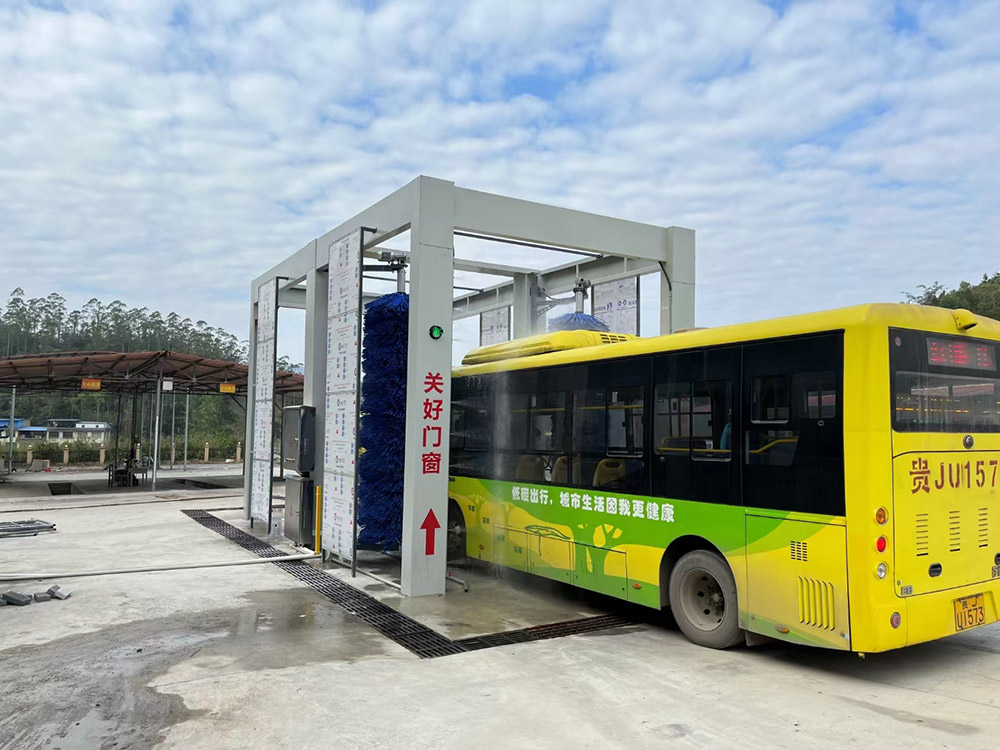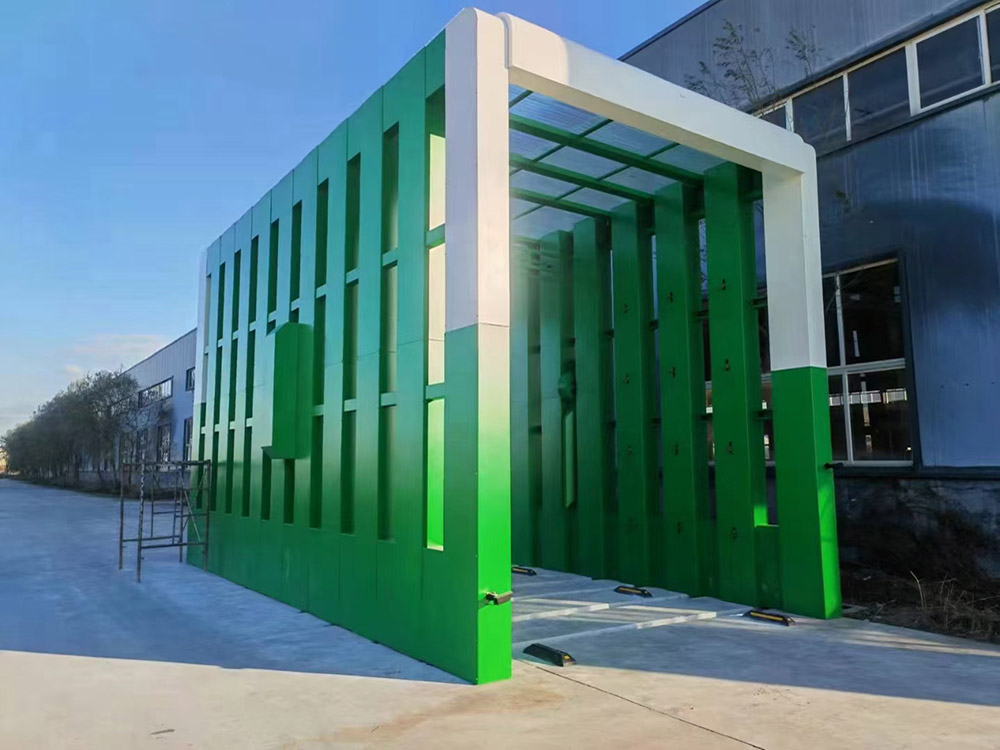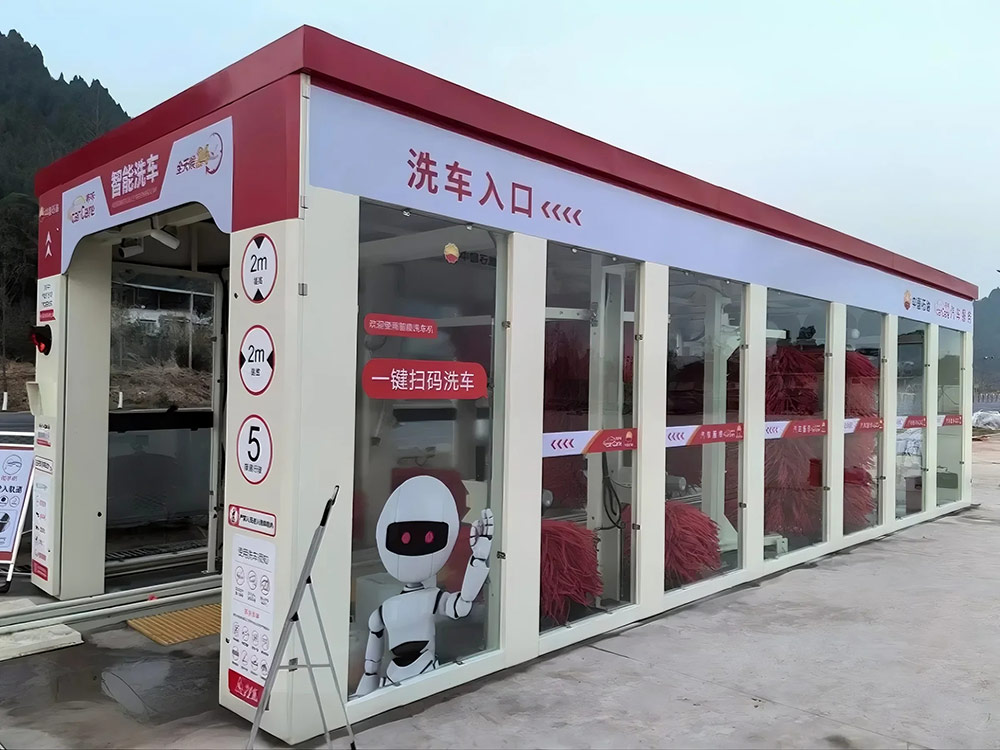Construction sites are often linked to soil erosion, water pollution, and dust buildup—issues that harm local ecosystems and public health. One cost-effective solution gaining traction across U.S. job sites is the scraping mud roller wheel washer, installed at entry and exit gates to clean vehicle tires and undercarriages before they hit public roads. Below are the key environmental advantages of this simple yet impactful tool.
1. Reduces Stormwater Runoff Pollution
Uncontrolled mud and debris from construction vehicles is a major source of nonpoint source pollution, which degrades rivers, lakes, and groundwater. When trucks leave sites without cleaning, tire-borne sediment, oil, and construction chemicals wash into storm drains during rainstorms. Scraping mud roller washers address this by using rotating rubber rollers to physically scrape off caked mud before vehicles exit, paired with low-pressure water jets to rinse remaining grime. A 2023 study by the American Society of Civil Engineers (ASCE) found that sites with these washers reduced sediment discharge into local waterways by up to 65% compared to those using basic brooms or no cleaning. This protects aquatic life—like fish and amphibians—that rely on clear, sediment-free water to survive.
2. Curbs Dust and Air Pollution
Dry mud clinging to tires and truck beds often turns to dust as vehicles travel, contributing to particulate matter (PM2.5 and PM10) in the air. These tiny particles are linked to asthma, heart disease, and respiratory illnesses in nearby communities. Scraping mud rollers eliminate loose dirt at the source: the rollers dislodge dry clods before they can be scattered by wind or vehicle movement. Unlike high-pressure washers that can atomize water and spread dust, the mechanical scraping action of these systems minimizes airborne particles. For example, a residential construction project in Denver reported a 40% drop in neighborhood dust complaints within a month of installing roller washers, according to the city’s Air Quality Control Division.
3. Preserves Local Ecosystems
Sediment from construction vehicles doesn’t just pollute water—it smothers plants, clogs soil pores, and disrupts habitats for birds, insects, and small mammals. By keeping mud on-site, roller washers prevent this sediment from covering native vegetation along roadways or entering nearby parks and wetlands. Additionally, the washers’ water usage is efficient: most recirculate water through a filtration system, reducing the need to draw from local streams or municipal supplies. This conservation helps maintain healthy water levels for ecosystems during dry seasons.
4. Lowers Long-Term Environmental Costs
Without proper tire cleaning, construction companies may face fines for violating environmental regulations (such as the EPA’s Clean Water Act) or incur costs to remediate polluted sites. Roller washers reduce these risks while minimizing the need for harsh chemical cleaners that can further harm the environment. Their durable design also means less waste from frequent replacements, aligning with sustainable construction practices.
In short, scraping mud roller wheel washers are a small investment with big environmental returns. By stopping pollution at the gate, they protect water, air, and ecosystems—while helping construction sites operate more responsibly.





